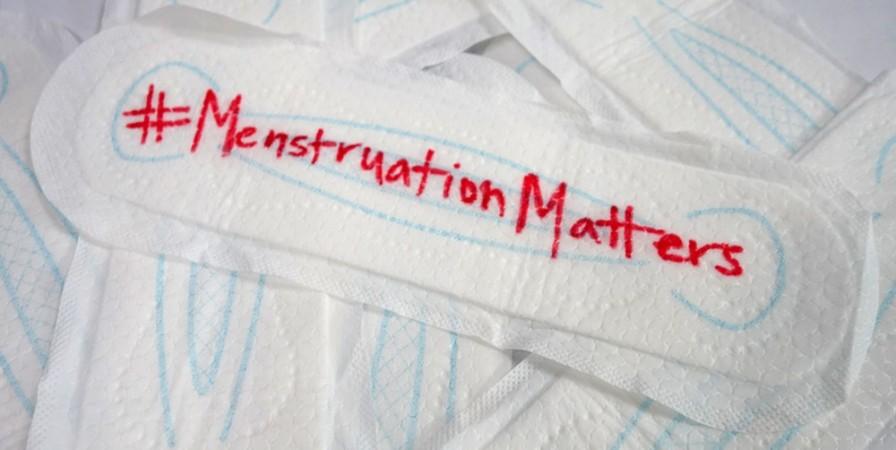
In India, nearly half the girls don't know about menstruation until they get their period for the first time, a recent research has showed. The study, published in the British Medical Journal (BMJ) in March, 2016, involved 100,000 adolescent girls, among which only half the girls knew about menstruation before they got their periods.
According to the study, the use of sanitary napkins was more prevalent among girls in urban areas than among those in rural areas. Inadequate disposal of used pads was widespread. The study also found that menstruating girls in India faced many religious restrictions.
Despite women spending a considerable part of their lives menstruating, it turns out that most of them still consider periods as taboo. According to UNICEF, menstruation is still not talked about. It can be seen as dirty or impure and the silence around it can lead to a lack of knowledge, which can generate damaging misconceptions, the UNICEF said in an official statement.
Although May 28 is observed every year as Menstrual Hygiene Day, and is aimed to raise awareness among men and women, a research done by Carla Pascoe from the University of Melbourne said that menstrual blood is still a cause of embarrassment to many women, ABC.net reported.
Pascoe studied the changing attitudes of women towards menstruation over the past century by interviewing women across various age groups, and found one thing constant — period shame. She, however, said that over the years, the taboo has become subtle and complex.
She also said that although hygiene seems to be no longer an issue among women, as most of them are now familiar and equipped to manage 'that part of the month,' women however still feel the need to hide their blood stains, and used tampons.
Pascoe's research identified that the single most factor that determines the reason behind period shame is that money can still be made by promising women effective ways to hide period blood. "If you analyze the advertisements from sanitary product companies, most of them are 'buy our product because we can offer you a more effective way to conceal menstruation'," Pascoe was quoted by ABC.net as saying.
The study also found that women could go to any length to hide their period blood.
"Women told me if they go to someone's house and there is no bin in the bathroom, they would bundle up a pad or tampon into toilet paper and stick it in their bag and take it home — these are grown women," she said.
The study's findings raise an alarm, especially when various international agencies have been urging women to adopt a more confident attitude towards menstruation.





!['Lip lock, pressure, pyaar': Vidya Balan- Pratik Gandhi shine in non-judgmental infidelity romcom Do Aur Do Pyaar [ Review]](https://data1.ibtimes.co.in/en/full/797104/lip-lock-pressure-pyaar-vidya-balan-pratik-gandhi-shine-non-judgmental-infidelity-romcom.jpg?w=220&h=138)







